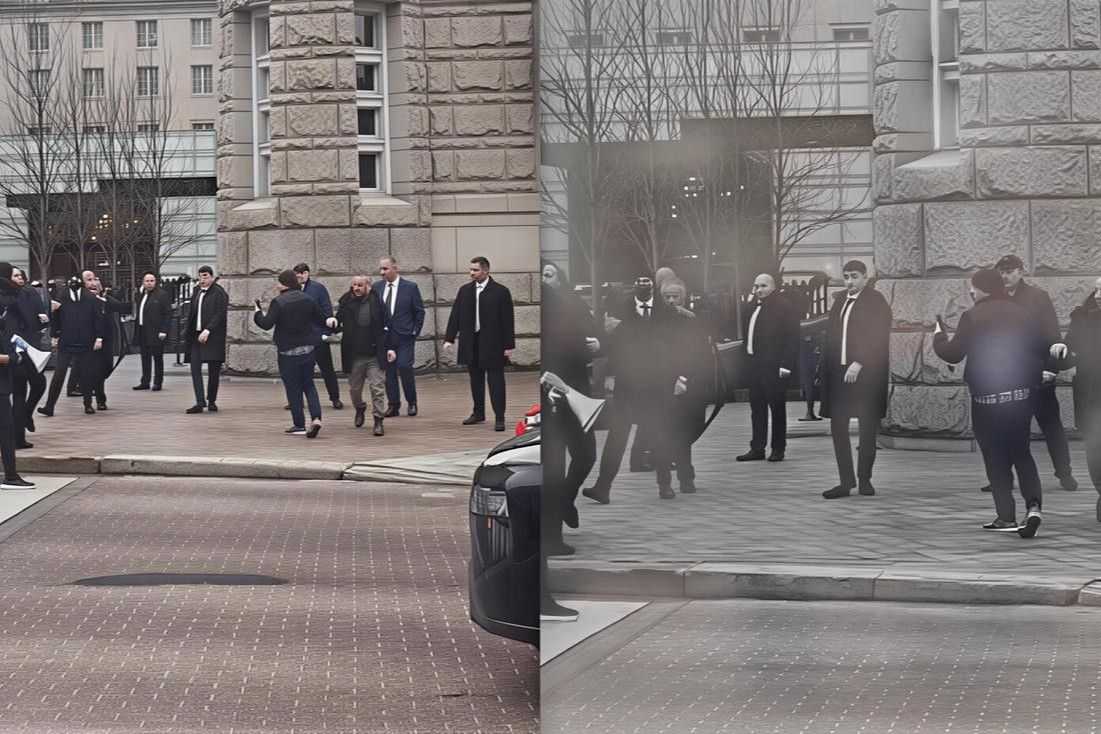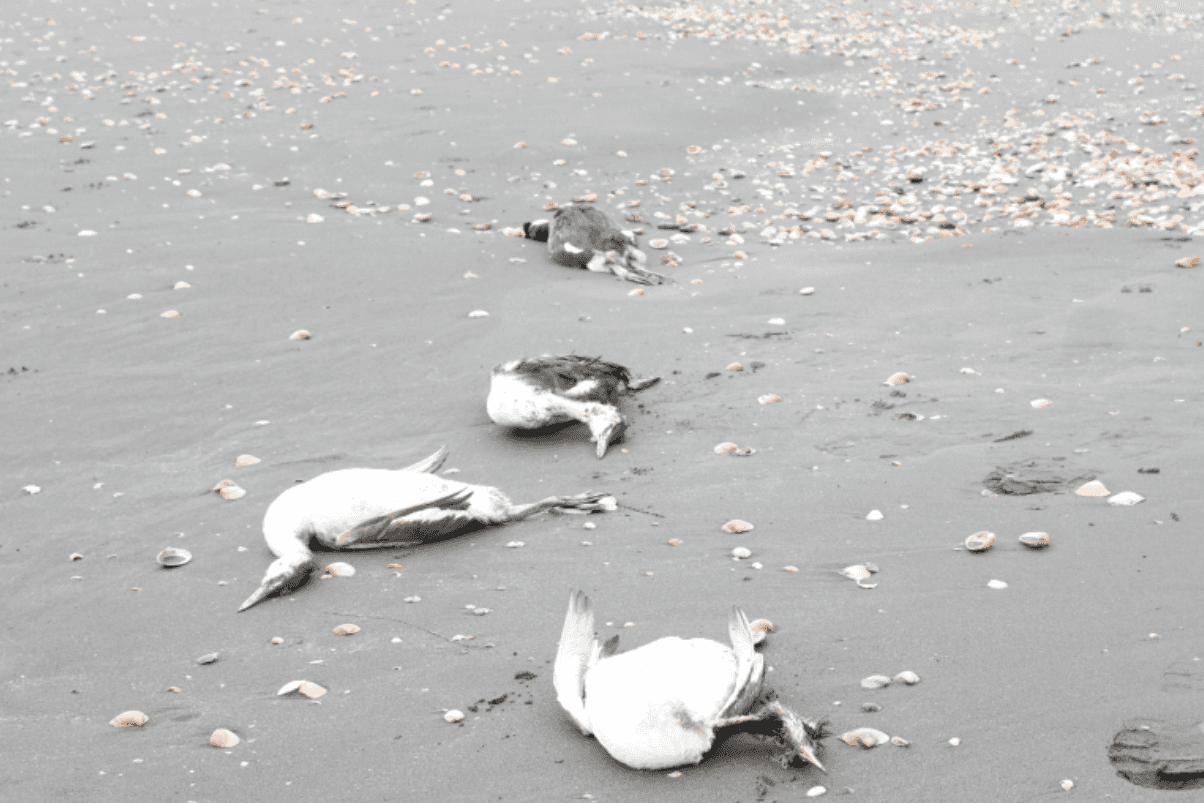
In Azerbaijan, where queer people are marginalised and forced to express themselves only privately or in the confines of their own homes, there is only one publicly visible drag performer, known by the stage name Lady Slim.
For Seymur Babayev, the first drag performer in Azerbaijan, his drag persona Lady Slim is ‘energetic, stage-loving, a little shy, a little cheeky, and a little crazy’.
Babayev realised from a young age that he was different from others. He thought differently from other boys and had a more colourful form of self-expression. Because of this, he was constantly subjected to bullying during his adolescence years. His school also tried to get him to leave the school over fears he would ‘brainwash’ other children, while his mother was reprimanded over his femininity.
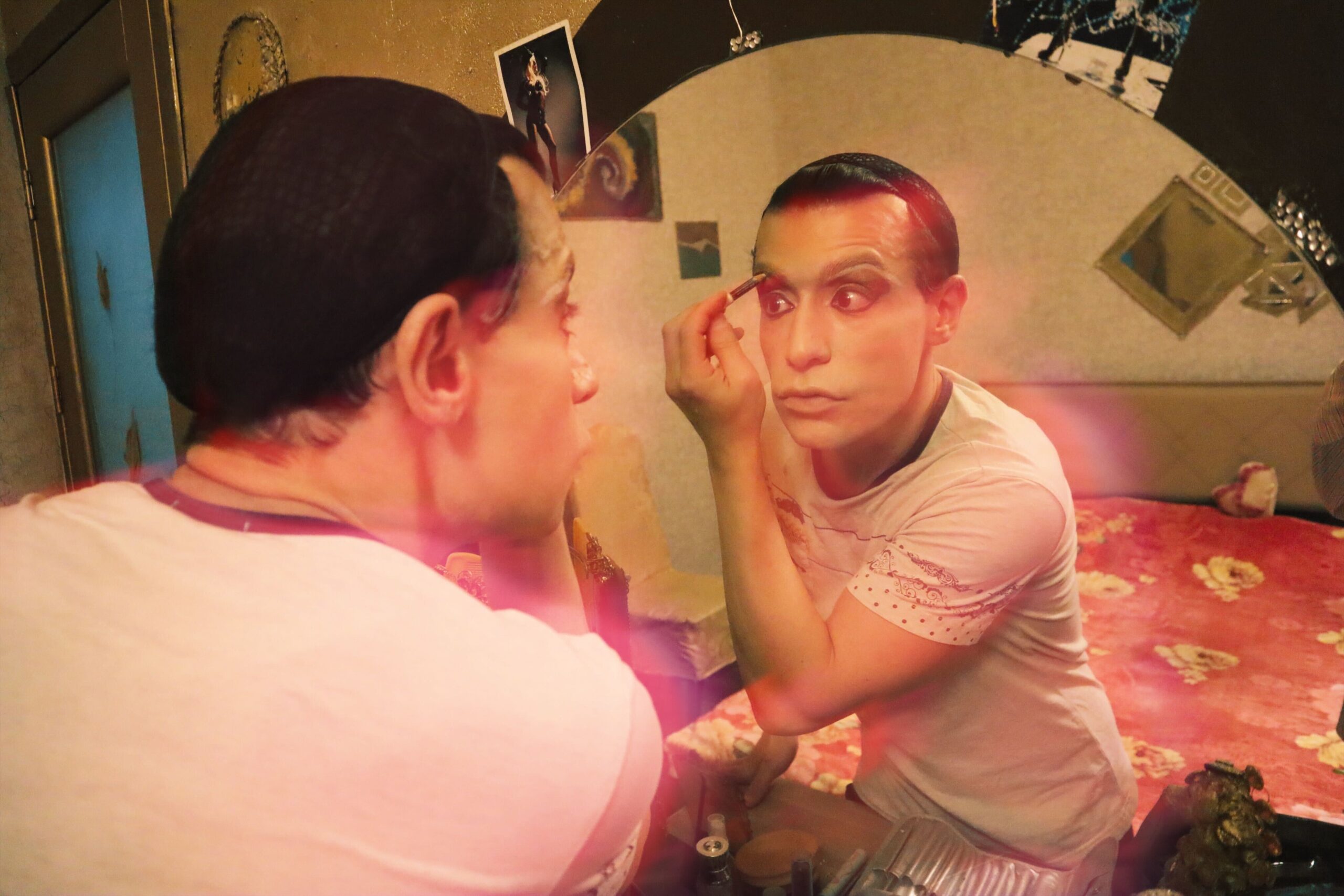
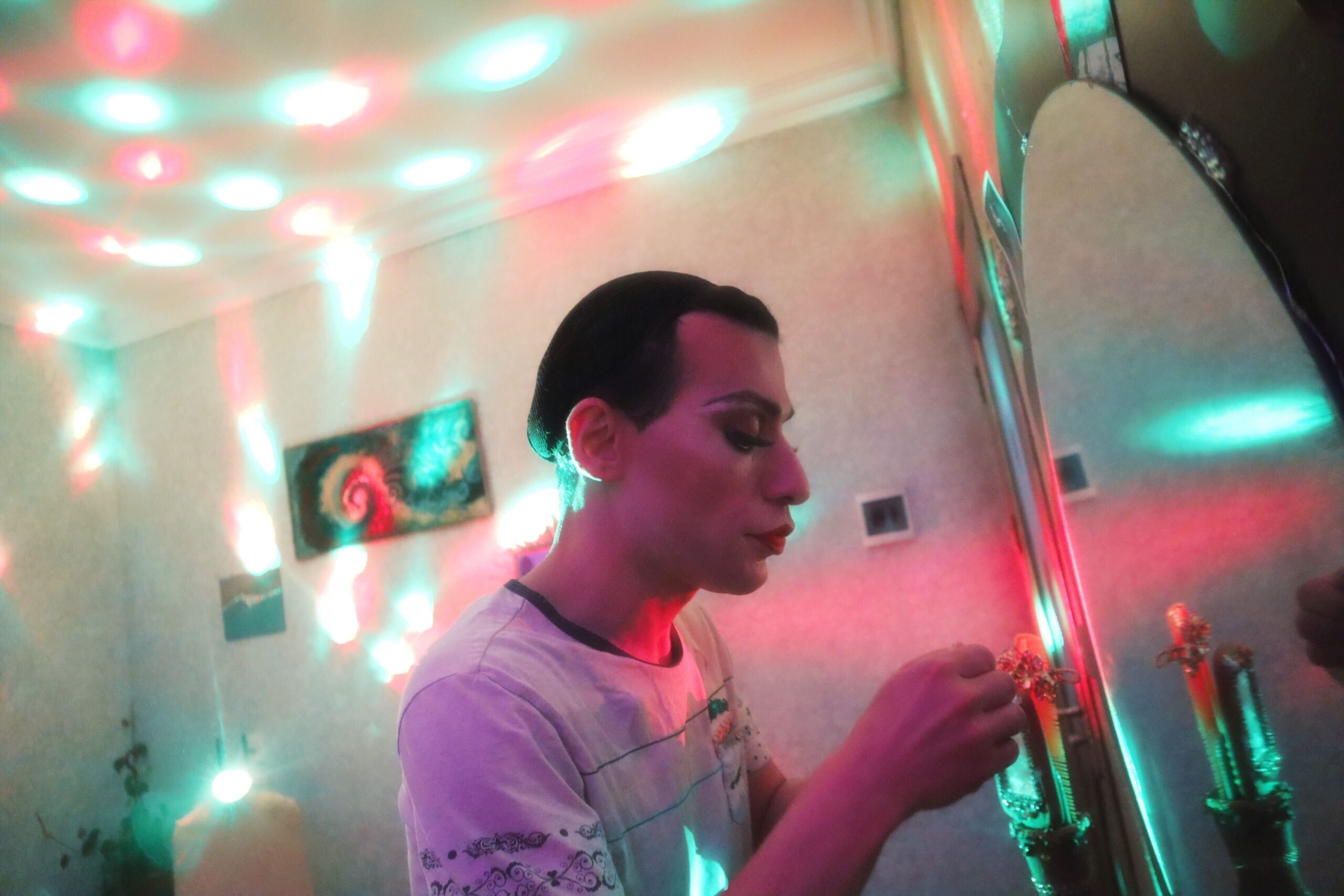
Babayev graduated from Baku State University with a degree in history, and has a particular interest in the historical aspects of drag culture.
‘Drag culture has ancient roots. For example, drag performances were seen in ancient Greek theatres. Similarly, in ancient Japan, women were not allowed on stage, so male actors performed female roles. Back then, it was theatrical, but today, drag culture has become a much larger show around the world’, Babayev tells OC Media.
Drag is the art of dressing and acting exaggeratedly as another gender, usually for entertainment such as comedy, singing, dancing, lip-syncing, or all of the above.
He first encountered drag culture in 2008 during a visit to Moscow.
‘At that time, I was searching for my own path on stage. I loved history, but I had no intention of working in my field. I wasn’t sure if that would even be possible in the future, but I was always more interested in the stage. Since childhood, I had enjoyed doing parodies, but I never thought I would get involved in drag in Moscow or that I’d be good at it. I learned a lot from the drag queens there. Their makeup techniques and stage performances in the dressing room were very useful to me’.
According to Babayev, the art of drag has deep roots in Azerbaijan. When Azerbaijani theatre was founded in the 19th century, there were not enough actresses to play female characters, so male actors took on those roles. However, once the number of actresses increased, this was no longer necessary. Today, male artists only play female characters for laughs; it is impossible to call these actors or characters drag queens.
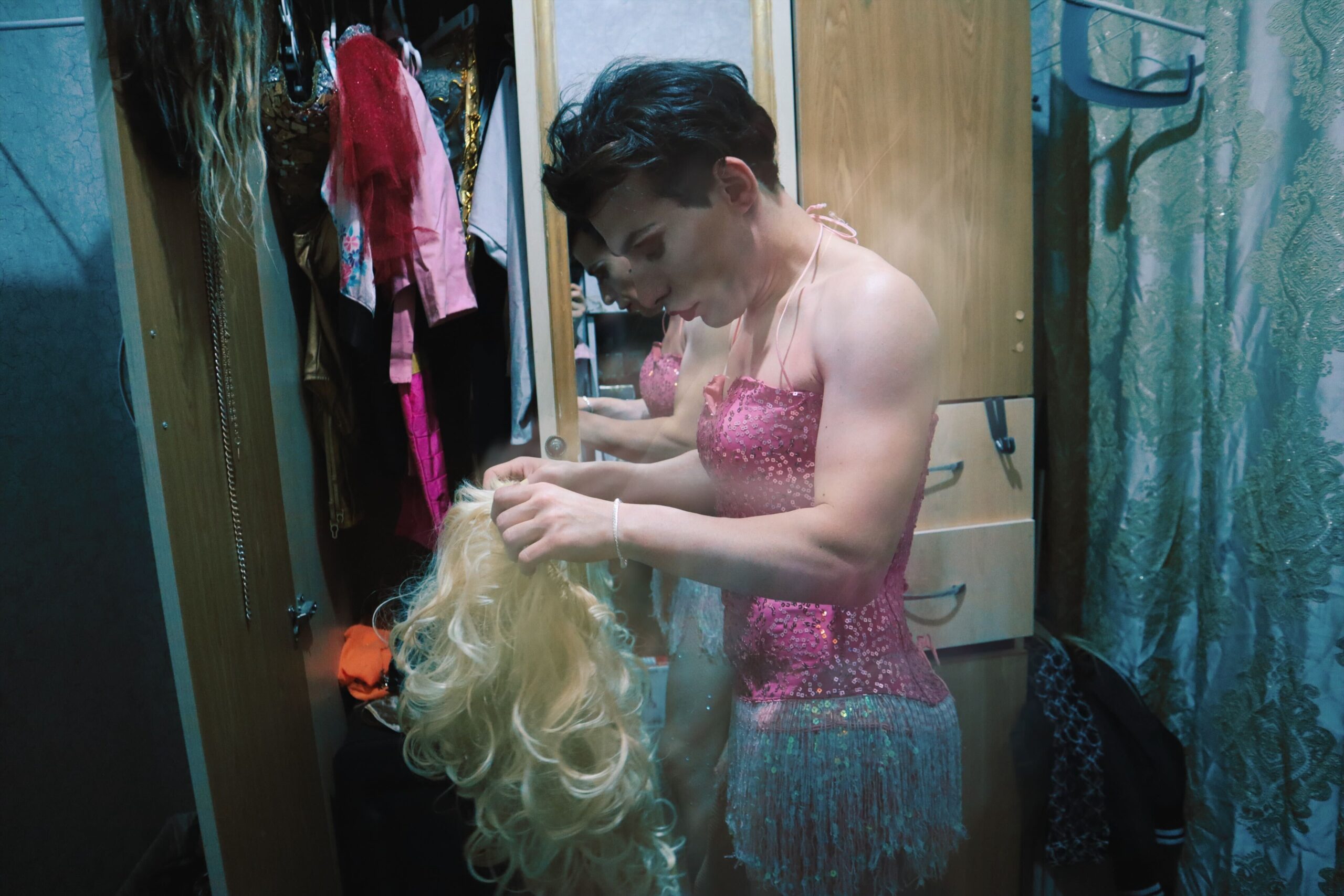
In 2010, Babayev officially declared himself the first drag artist in Azerbaijan during an appearance on the television programme ‘Who Can Do What’, a TV talent show. During his appearance on the show, he used the stage name Babayev Show, and performed a drag routine.
After this performance, he was banned from appearing on state television. Invitations to participate in various other television programmes stopped, and his requests to perform or be interviewed were ignored.
Unable to continue his drag publicly in Azerbaijan, Babayev then began appearing in drag competitions abroad. In 2010, he won the Miss Temaclub title and participated in the Miss Travesty International competition, both held in Odesa, Ukraine. The following year, he attended the week-long queer Moldovan festival Rainbow Over The Dniester and competed again in Ukraine, where he won the Miss Elegant title.
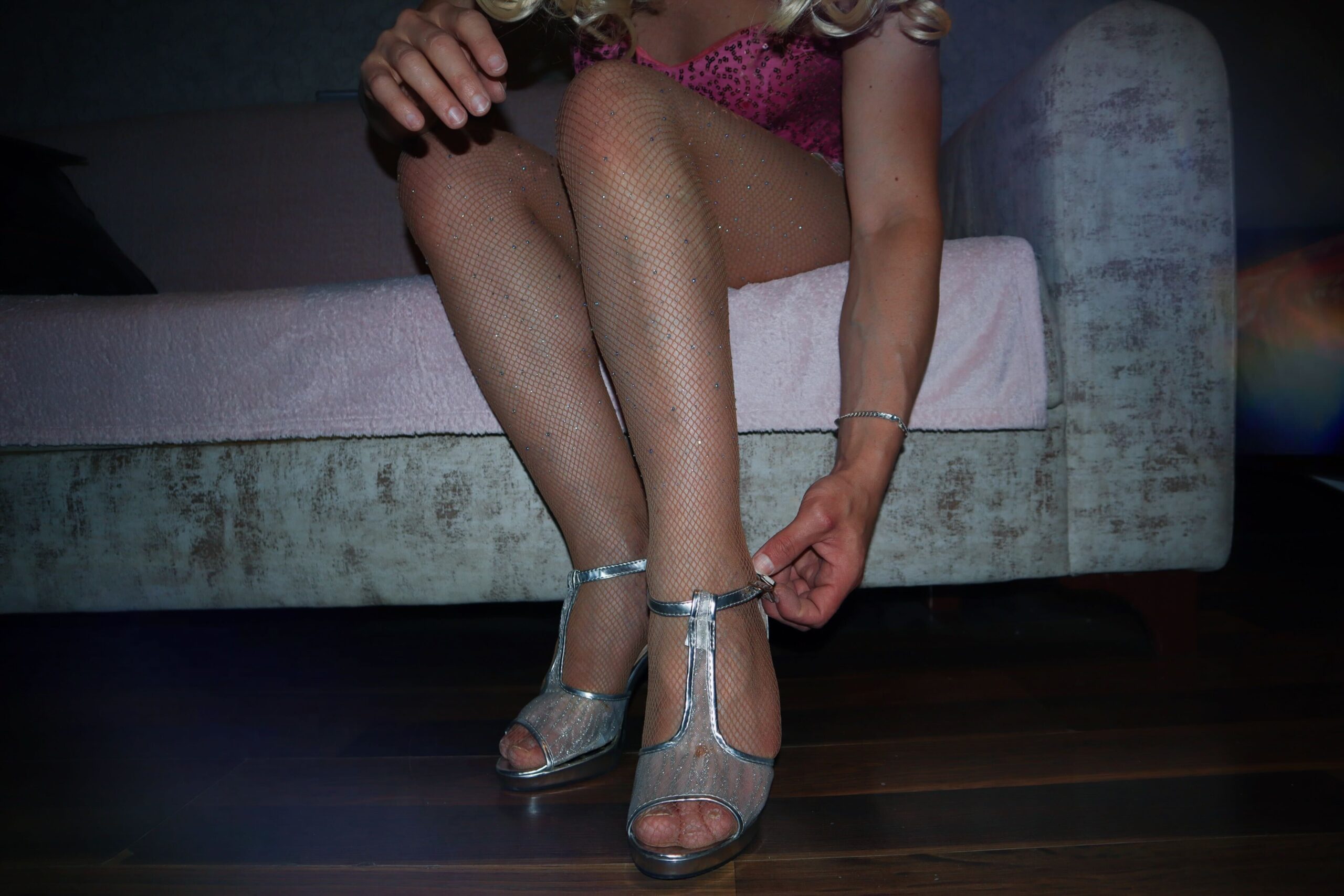
In 2013, a performance he gave at a public gathering was broadcast on Azerbaijani television, where it was followed by harsh criticism and public mockery by the host, including homophobic slurs.
‘I’ve been in this field since 2008. Back then, I proudly expressed it in Azerbaijan. I remember that in 2010, I openly declared it live on TV to a large audience because I’ve never hidden who I am. I believe that the talent shown on stage is actually a source of pride’, Babayev says.
‘Nowadays, many people in society live with thoughts like “What will others think?” or “How will others look at me?” and hide their talents. As one of the first drag queens, I also feel a great responsibility. Being one of the first to publicly present drag performance to a large audience has always pushed me to be better, driven by the fear of “showing something wrong”. I’ve worked hard to earn the respect of the audience’.
After this, Babayev continued to perform abroad if queer organisations invited him. The free space to do so at home in Azerbaijan, however, continued to shrink.
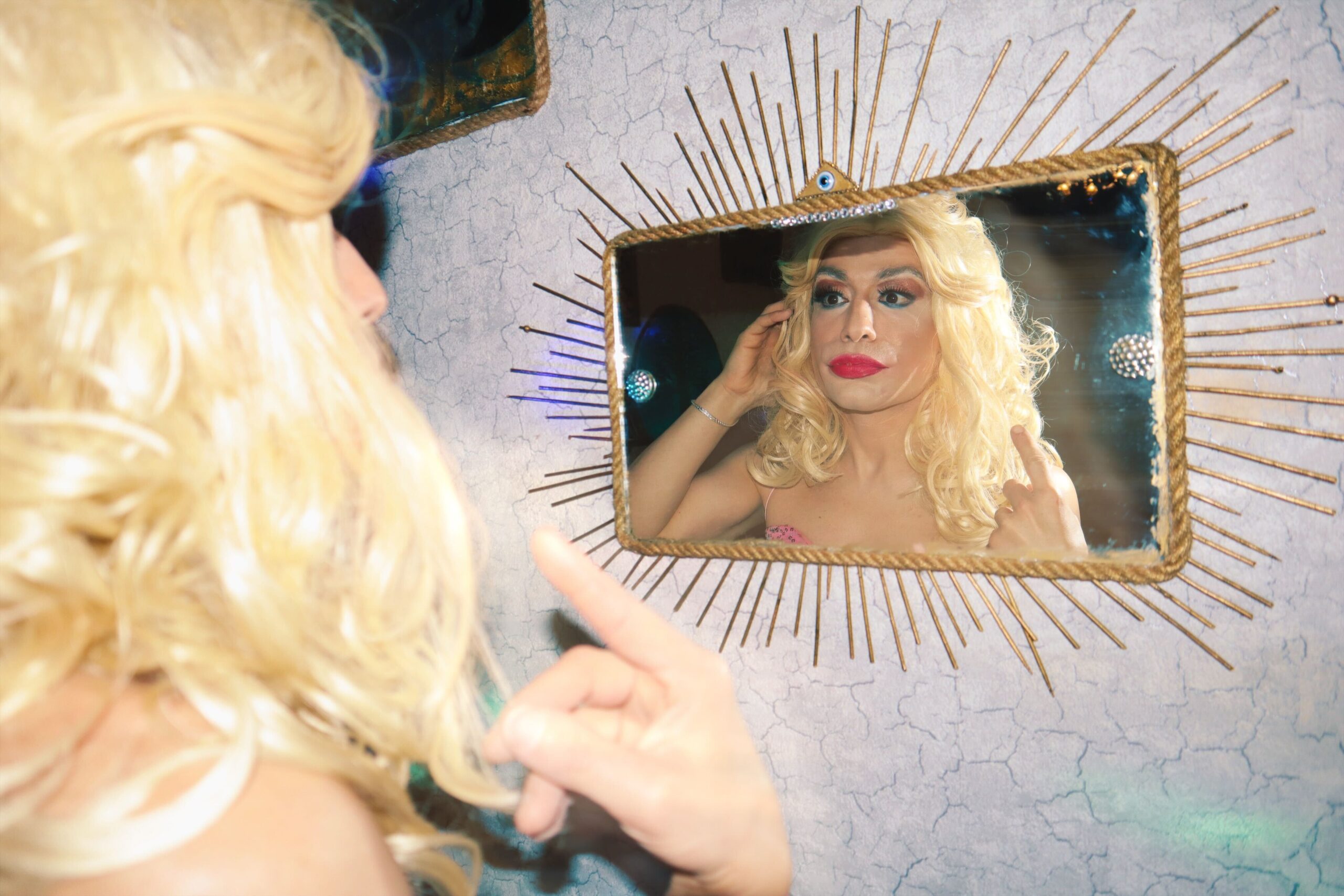
Today, Babayev performs mainly at private events and parties in Azerbaijan. Even so, he does not feel that Azerbaijan’s state media is allowing him to be free.
‘In the media, there were hate-filled reports targeting us and our queer identity. They were creating panic in society’, Babayev says.
According to a 2023 report by the Azerbaijani queer media monitoring organisation QueeRadar, the vast majority (over 80%) of news items in Azerbaijani media ‘show a prevalent negative portrayal or discriminatory stance’ towards the queer community, indicating a systemic problem. Starting that year, state media increasingly displayed hostility towards queer issues, depicting queer activists and movements as ‘foreign impositions’.
Babayev notes that 15 years ago, queer communities from Georgia would come to Baku to hold drag shows. It was in Azerbaijan that queer people were able to gather and have fun.
Now, however, things have changed. Georgia has become much more developed in terms of queer and drag culture, including a growing drag ball scene. In comparison, Azerbaijan has consistently ranked at the bottom of ILGA Europe’s Rainbow Index, which evaluates the legal rights of queer individuals in Europe on an annual basis, and has seen a massive queer crackdown by police in recent years.
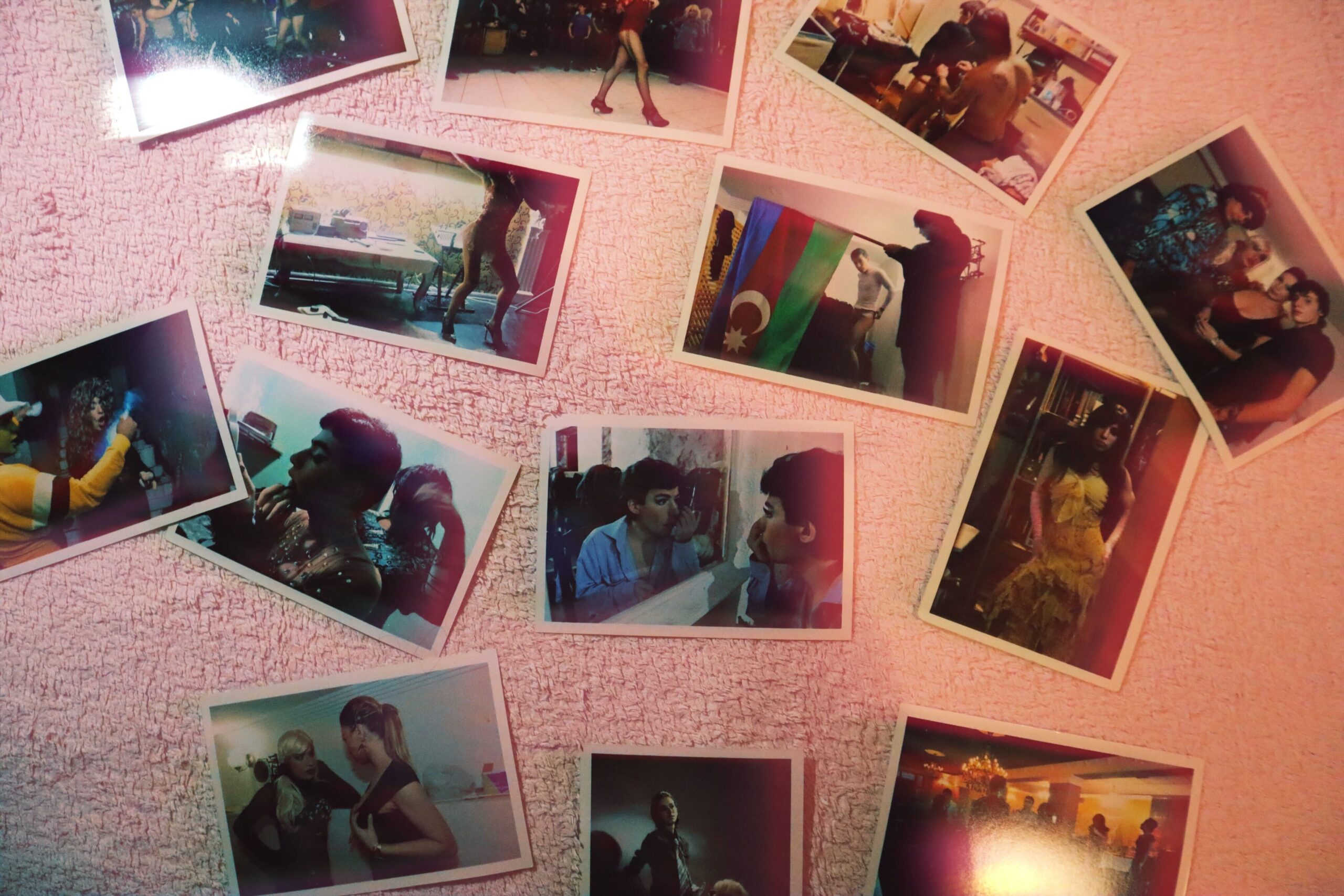
Babayev hopes that drag queens in Azerbaijan can one day again publicly express themselves in an environment where queer people can freely promote their rights, freedoms, and culture.
‘People should not be afraid and should not hide. We have to show the government that we are here and we are not going anywhere. They will not give us our rights and freedom, we must fight for them’, Babayev says.



